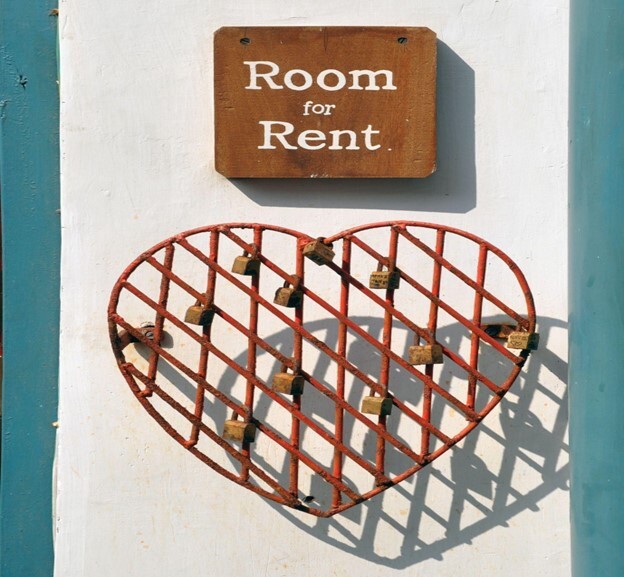Working on a budget can be overwhelming because you have to consider all the bills you must pay at the end of the month. You must also set some money aside for your wants and other miscellaneous expenses.
However, it would be best if you also planned on how to save. So, if you are looking for strategic ways to cut back on costs and save money, you've come to the right place.
This article will discuss five effective tricks you can use to save money, which you can use for other things in your life.
Reduce Your Grocery Budget
Most people don't realize this, but grocery shopping is one of the biggest consumers of your income. You'll be surprised when you calculate and see how much you spend on groceries in a month. This is because it is easy to get distracted by things you see sitting in the aisles.
For example, you might see a bag of chips for $1.50 and think, "it's affordable," but you won't stop there. Now, you come across a pack of your favorite cookies and pick it up. These "affordable" items add up and will cause your monthly grocery budget to skyrocket.
When you have kids, the risk of picking excess items you do not necessarily need increases. Your kids do not know you are working with a budget, so they simply see things they like and add them to the cart.
To prevent overspending on groceries, the first thing you can do is plan your meals for each week properly. Take a look at what you already have before you go shopping. Also, leaving your children at home is best if you want to adhere to your list.
Another great way to save money is to order groceries online and pick them up or have them delivered. Picking up your groceries prevents you from touring the store and finding items that you want but do not need.
Minimize Rent

If you want to cut back on expenses and save a significant sum, you should consider reducing how much you spend on rent.
The best way to do this is to get a roommate. This way, you only have to pay half of the rent, and the other half can go into your savings. Are you living in a three-bedroom apartment? Even better, because you can give out the rooms to two people and only pay a third of the rent.
Think about it; if you currently pay $1,500 monthly for rent, you can get a roommate and pay about $750. If you have enough space to share with another person, you would only have to pay about $500, saving nearly $1,000 monthly and $12,000 a year.
Typically, rental prices are based on the size of the room you rent. Hence, If you already share an apartment with other people, it would be wise to switch with them and take a smaller, less expensive room. This is another way to cut costs.
In addition, moving to a smaller room might mean getting rid of unused items by selling them. So, you can make extra cash from those sales.
Use Extra Funds Wisely

Getting extra or unexpected money is exciting. It could be a bonus from work, an inheritance, or other sources. You might be tempted to spend it lavishly. After all, you were not expecting it, so it would not affect your current budget.
While it feels good to spend the money as you like, you should reconsider and think about using it wisely. Now, this doesn't mean buying a pair of boots you have "always" wanted to purchase but couldn't afford. Neither does it mean saving the money in your bank account.
You should use this money to clear off any pressing debt, such as student loans, an internet payday loan, or a credit card balance.
After settling all your debts, you can consider investing any additional unexpected money or creating an emergency fund. Keep in mind that an emergency fund is essential, and you should always prioritize building one. Anything can happen, and you do not want to be left stranded.
Automate Your Savings
You can opt for automated savings if you know how much to expect monthly. Automated savings means you can set up your account to automatically take out funds from your checking account and send them to your savings account monthly.
Automating your savings reduces the stress of having to do it yourself. Furthermore, it helps you reduce the chance of spending the money on your daily expenses, and in most cases, on things you do not need.
There are numerous apps you can use to help you save money. These apps would deduct cash from your account and lock it safely for a predetermined period.
Optimize Your Subscription Plans

You have Netflix, Amazon Prime, Spotify, Apple Music, and other subscriptions. You also have a gym and other memberships, but do you really need all these plans?
Chances are you do not use most of them. Therefore, you should consider canceling subscriptions you do not use very often.
Additionally, make sure you turn off auto-renewal whenever you opt for subscription plans. After a month, you can decide if you still want to go on and subscribe again. This is better than automatically renewing plans that you might not regularly use.
If you still want to stick to some subscription plans, sharing your membership with other people is a smart move. Most streaming services, such as Apple Music and Netflix, let you stream from multiple devices. This way, everyone gets to stream, but at a lower price.
Conclusion
Well, there you have it; five incredible tips to help you minimize your spending and maximize your savings.
Using these strategic plans, you can efficiently reduce your spending habits, save money, and use those funds for other important things. Starting might be challenging, but once you get the hang of it, you will wonder why you did not start sooner.
For more information on how you can be more financially responsible, consider signing up for free financial planning tools offered by Personal Capital.




